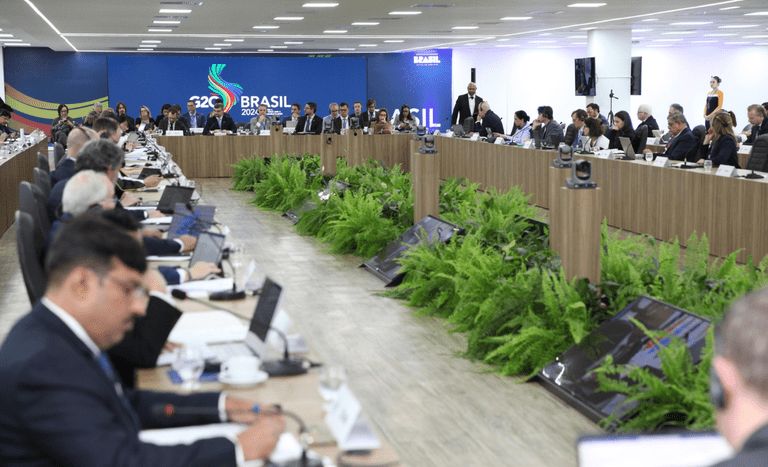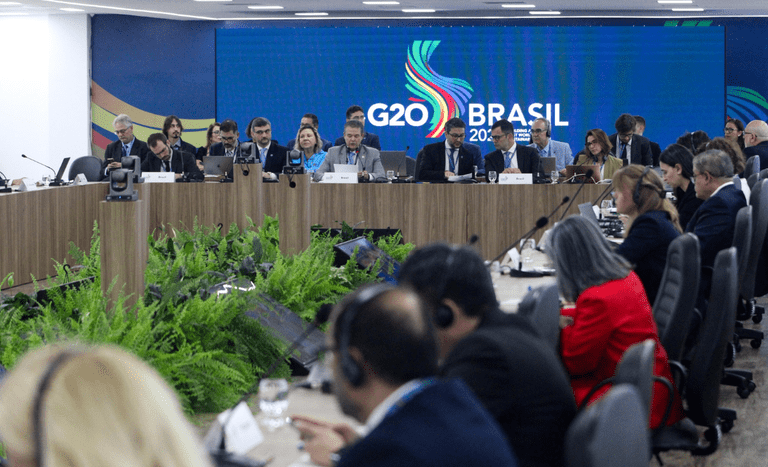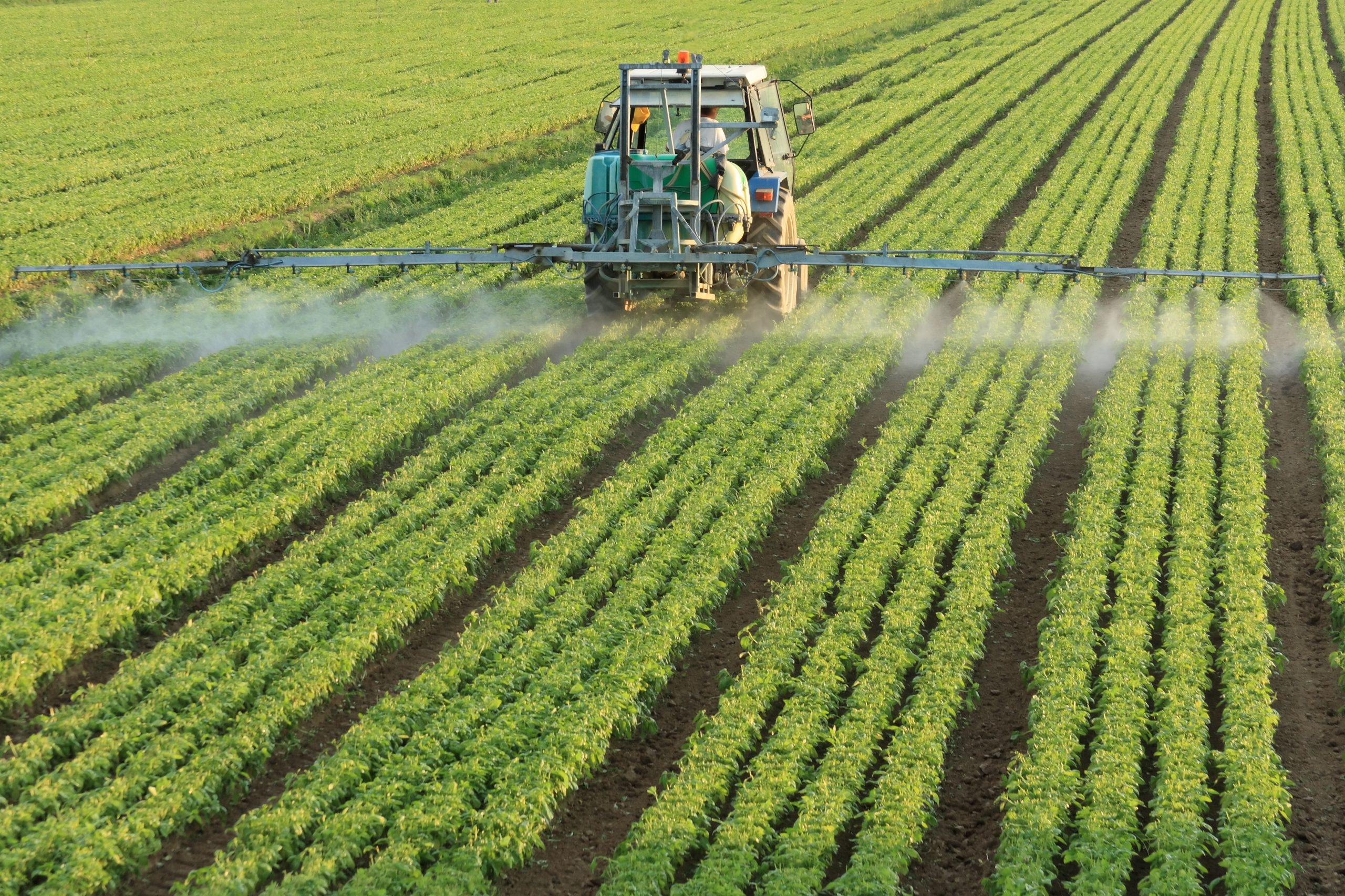Brazil hosts third G20 Agriculture Task Force meeting, emphasizing sustainable agriculture and global food systems integration.
Under the auspices of the Ministry of Fisheries and Aquaculture (MPA), Brazil, presiding over the G20 Agriculture Task Force, convened its third meeting at the G20 Brazil headquarters in Brasília. Minister André de Paula led discussions among representatives from approximately 30 countries, including G20 members and invited guests, alongside international organizations. The focus was on devising strategies for a sustainable and prosperous future in agriculture and food systems.
The meeting, bolstered by representatives from the Ministry of Agriculture, Livestock, and Supply (Mapa), prioritized fisheries and aquaculture integration into local and global supply chains, promoting sustainable practices throughout.

With G20 members representing 80% of global GDP, 75% of world exports, and nearly 60% of the global population, discussions highlighted the need for equitable distribution of fishing quotas and developmental opportunities within Brazil and beyond. The global fishery and aquaculture production hit a record 214 million tons in 2020, underscoring the sector’s economic and environmental significance.
The event culminated in contributions to a ministerial declaration, to be further refined and negotiated at the Ministerial Meeting led by Minister of Agriculture and Livestock Carlos Fávaro, scheduled for September 10-13 in Mato Grosso. The final document will be presented at the Leaders’ Summit in Rio de Janeiro in November.
The declaration underscores the pivotal role of sustainable and resilient agriculture in addressing global challenges such as poverty, hunger, and climate change. It advocates evidence-based policies to promote sustainable and inclusive food systems, stressing the importance of international trade for food security, combating illegal fishing, and integrating aquaculture sustainably. Additionally, it recognizes the contributions of family farmers, indigenous communities, and rural populations, and emphasizes the role of innovation and traditional knowledge in agricultural sustainability.

The G20 Agriculture Task Force includes representatives from Mapa, MDA, MPA, Ministry of Foreign Affairs (MRE), and the Brazilian Agricultural Research Corporation (Embrapa). Coordinated by Roberto Perosa and Fernanda Machiaveli, the group focuses on food security, sustainable agriculture, trade, technological innovation, climate change adaptation, and poverty alleviation.
Brazil’s tenure as G20 President includes over 100 working group meetings and approximately 20 ministerial gatherings, culminating in the Heads of State and Government Summit in Rio de Janeiro in November 2024, marking Brazil’s first presidency in the current G20 format.
Error




